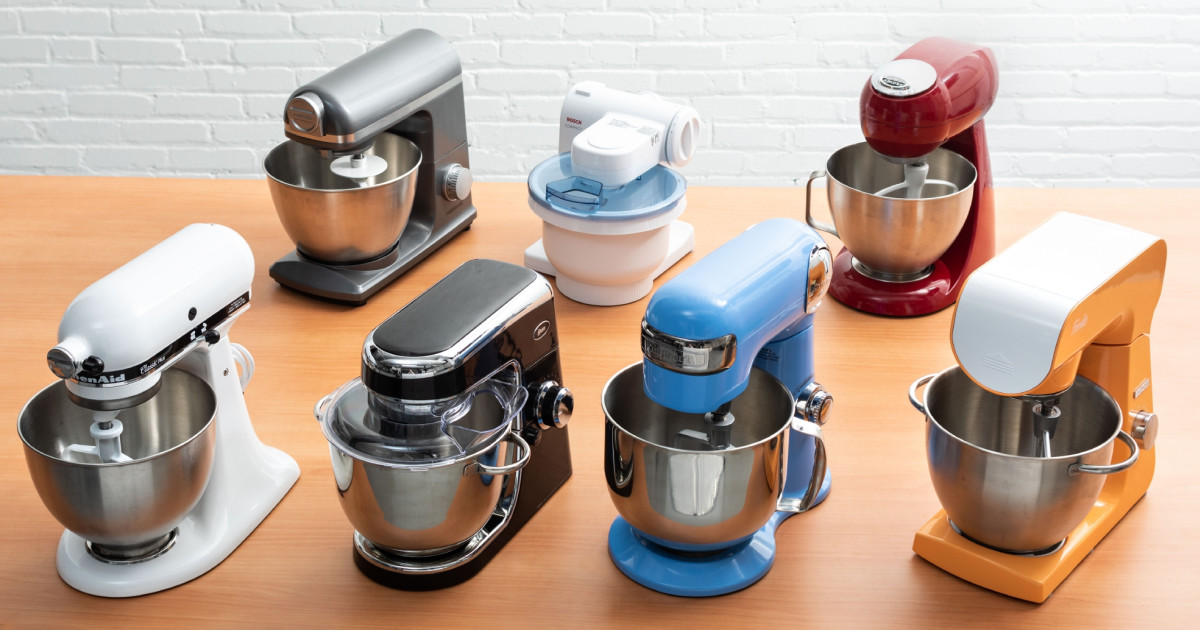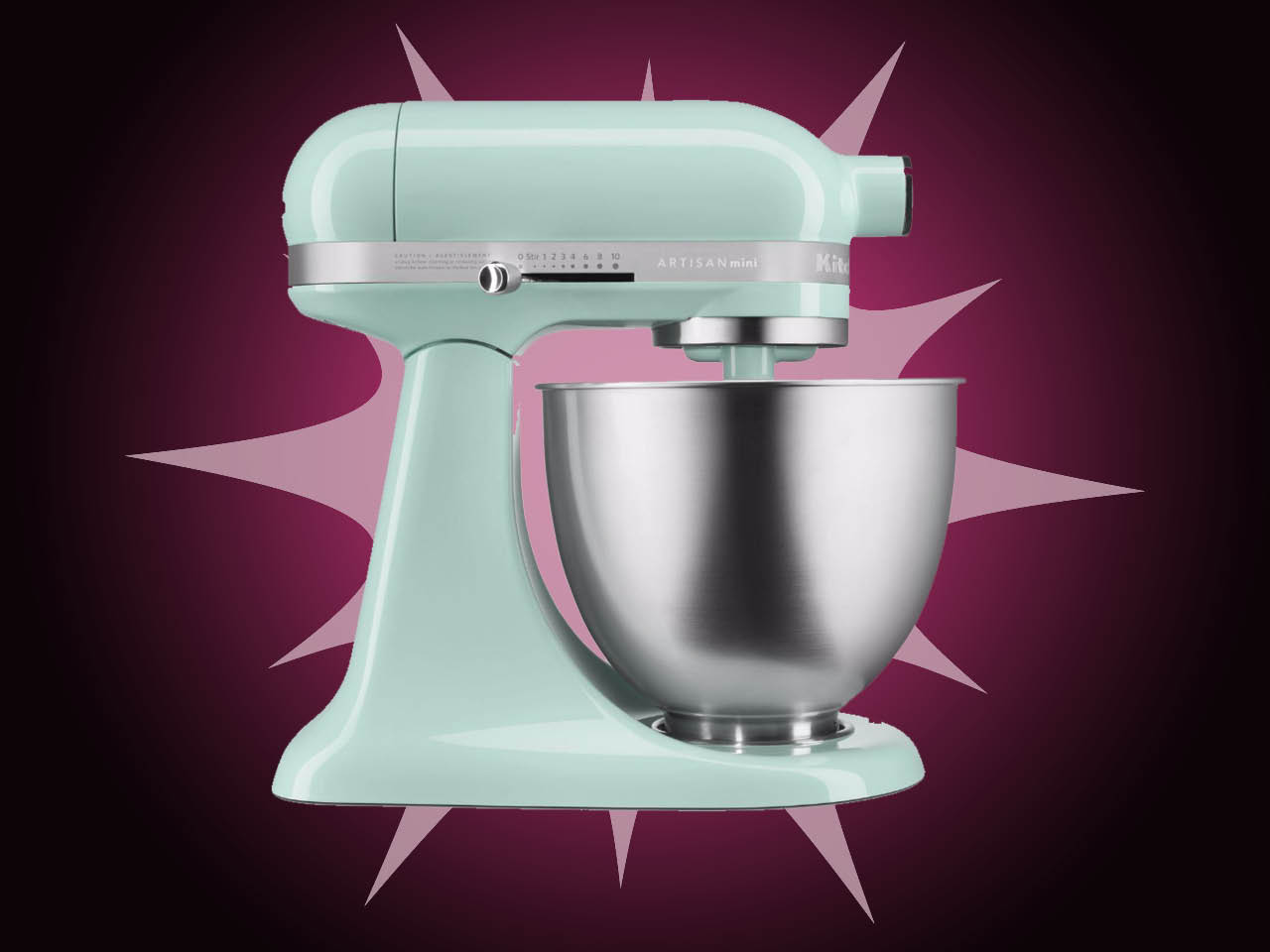
That is as they say the tip of the iceberg. A mixer simply gives you more control over the sound they produce.

As we said you use a mixer for any live or recording purpose where you need to track and manage multiple audio signals that will be recorded or played back.
Do you need a mixer. According to our pastry chefs the occasional baker can make do without a stand mixer despite their many benefits. These small appliances have many admirable attributes but are costly and take up a large amount of counter space and cupboard space. You may not need a mixer but you do need an audio interface that can convert your audio signal into a digital format.
Take a vocal recording for instance. You cant just fire up your computer run a program like Reaper and start talking into thin air. There must be some way to plug your mic into the computer.
As a general rule you do not need a mixer and an audio interface to be able to record audio. You can use a hybrid approach but you will always need an audio interface that converts analog to digital. That is as they say the tip of the iceberg.
We are about to reveal the whole body of ice so jump in buckle up and lets have. A mixer simply gives you more control over the sound they produce. Furthermore the necessity of a mixer depends on the specific active speakers in question.
The majority of active speakers can be connected straight to the audio source with no external equipment required. You do not need a mixer with the former but need one for the latter. What most newbies generally do is buying an all-in-one system with mixing functionality that allows them to start learning how to mix while keeping costs down eventually moving to the more professional 2 CDJs and 1 mixer setup often seen in clubs and festivals.
Many bakers use both. At the very least you should purchase a sturdy hand mixer. Youll find yourself using it several times a week.
However serious home bakers particularly cake decorators and bread makers should consider investing in a stand mixer which will quickly become a favorite appliance. If you are routing microphones to speakers for a live event or you just need the ability to route several audio signals to different destinations a mixer will give you more control with very low latency. As we said you use a mixer for any live or recording purpose where you need to track and manage multiple audio signals that will be recorded or played back.
You will almost certainly have XLR and 14 jack inputs jack sends and returns and then either TRS balanced outputs or XLR balanced outputs for your mains. You can make many different varieties of bread without a stand mixer. A stand mixer will speed up the kneading time by several minutes but nearly every common variety of bread can be made by hand with a relatively short hand-kneading time about 10-12 minutes or less.
For the relatively rare occasions when I need to cream butter and sugar or whip cream or beat egg whites I find it easier to do it with a hand mixer. It might take a couple more minutes but I find it easier than dragging out the Kitchenaid cleaning it afterward a task I seriously dislike and putting it back. Do You Need a Mixer to Record Drums.
While an audio mixer is an astute tool for recording drums it is not the exclusive one. Keep in mind that an audio interface can also get the job done. When deciding between a mixer and interface ask yourself.
Am I actually going tomix with this mixer. A USB mixer has all the benefits of a standalone mixing console plus a built-in USB audio interface so you can record from the mixer direct into your DAW or recording app. A big benefit of working with a hardware mixer is the immediate hands-on control.
Something you dont have with an audio interface. But enough about my love for the stand mixer. Lets nail down what exactly it is how it works and most importantly whether you need one.
For starters a stand mixer is a stationary. This video talks about having a USB mixer in your home studio. Do you need it.
Should you use it. What can you do with it. If you want to use professional quality microphones that work with XLR or other pro-type cabling then to get the best out of them youre going to need a mixer.
It is possible to get XLR USB converters but theyre not going to take as much advantage of the quality of your mic.